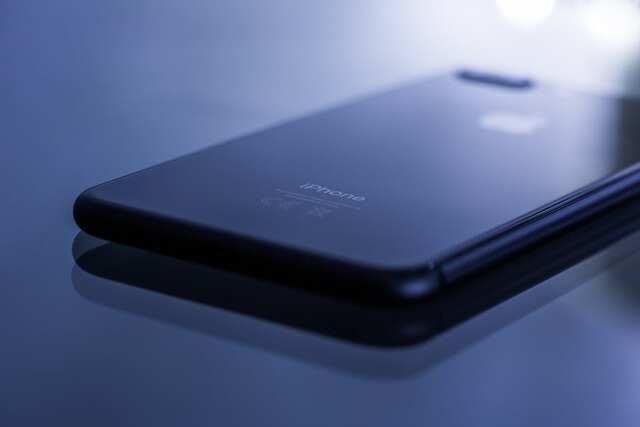Here’s how Apple may have made it difficult for iPhone users to switch to Android

The ratio of people moving from Android phones to iPhones is greater than smartphone users dumping their iPhones. One of the reasons for this is due to Apple's closed ecosystem. But there is something in particular that may have made it difficult for iPhone users to switch to Android -- iMessage. Apple had reportedly planned to launch iMessage for Android back in 2013 but there’s a new revelation -- the company intentionally never launched iMessage for Android and has no plans to do so either.
As of court documents from the legal battle between Epic Games and Apple, employees and high-ranking officials at Apple felt that “moving iMessage to Android will hurt us more than help us, this email illustrates why.”
Epic Games in court argued that Apple locked the popular iMessage app to iOS only and made it difficult for iPhone users to shift to Android. “The #1 most difficult [reason] to leave the Apple universe app is iMessage ... iMessage amounts to serious lock-in,” said a former employee at Apple in en email from 2016 as per the court filings.
“Apple has recognized the power that iMessage has to attract and keep users within its ecosystem,” as per the court filings by Epic Games.
The court filing claimed, “As early as 2013, Apple decided not to develop a version of iMessage for the Android OS. Mr. Cue (Eddy Cue, senior vice president of Internet Software and Services at Apple) testified that Apple “could have made a version on Android that worked with iOS” such that there would “have been cross-compatibility with the iOS platform so that users of both platforms would have been able to exchange messages with one another seamlessly. However, Craig Federighi, Apple’s Senior Vice President of Software Engineering and the executive in charge of iOS, feared that “iMessage on Android would simply serve to remove [an] obstacle to iPhone families giving their kids Android phones.”
Epic Games further claimed that iPhone users have come to rely on the ability to iMessage each other on iOS devices.
“If an iPhone user attempts to send a text message to the user of a non-Apple device (such as an Android phone), iMessage transmits the message as a standard cellular text (called an SMS), meaning both users are deprived of the features uniquely associated with iMessage,” it added.
As of court documents from the legal battle between Epic Games and Apple, employees and high-ranking officials at Apple felt that “moving iMessage to Android will hurt us more than help us, this email illustrates why.”
Epic Games in court argued that Apple locked the popular iMessage app to iOS only and made it difficult for iPhone users to shift to Android. “The #1 most difficult [reason] to leave the Apple universe app is iMessage ... iMessage amounts to serious lock-in,” said a former employee at Apple in en email from 2016 as per the court filings.
“Apple has recognized the power that iMessage has to attract and keep users within its ecosystem,” as per the court filings by Epic Games.
The court filing claimed, “As early as 2013, Apple decided not to develop a version of iMessage for the Android OS. Mr. Cue (Eddy Cue, senior vice president of Internet Software and Services at Apple) testified that Apple “could have made a version on Android that worked with iOS” such that there would “have been cross-compatibility with the iOS platform so that users of both platforms would have been able to exchange messages with one another seamlessly. However, Craig Federighi, Apple’s Senior Vice President of Software Engineering and the executive in charge of iOS, feared that “iMessage on Android would simply serve to remove [an] obstacle to iPhone families giving their kids Android phones.”
Epic Games further claimed that iPhone users have come to rely on the ability to iMessage each other on iOS devices.
“If an iPhone user attempts to send a text message to the user of a non-Apple device (such as an Android phone), iMessage transmits the message as a standard cellular text (called an SMS), meaning both users are deprived of the features uniquely associated with iMessage,” it added.


















All Comments (0)+^ Back to Top
Refrain from posting comments that are obscene, defamatory or inflammatory, and do not indulge in personal attacks, name calling or inciting hatred against any community. Help us delete comments that do not follow these guidelines by marking them offensive. Let's work together to keep the conversation civil.
HIDE